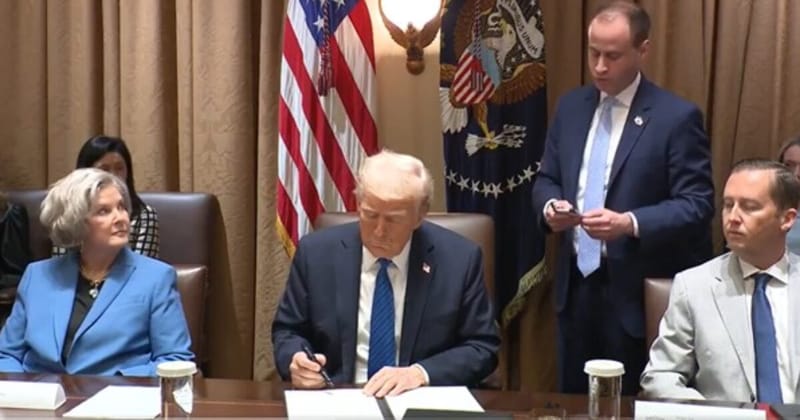Trump Reiterates Call for Congressional Term Limits Amid Election Victory
Washington, D.C. - In the wake of his triumphant return to the presidency in the 2024 election, Donald Trump has once again brought the issue of congressional term limits to the forefront of political discourse. At a recent rally, the President-elect declared, "I am calling for a constitutional
Washington, D.C. - In the wake of his triumphant return to the presidency in the 2024 election, Donald Trump has once again brought the issue of congressional term limits to the forefront of political discourse. At a recent rally, the President-elect declared, "I am calling for a constitutional amendment to impose term limits on members of Congress," emphasizing his ongoing commitment to reforming what he describes as the entrenched political establishment.
Trump's proposal, which he first highlighted during his 2016 campaign, suggests a six-year limit for House members and a twelve-year limit for Senators. This stance has resonated with a significant portion of the American public, with polls indicating that 87% of Americans support some form of term limits for Congress members.
The idea of term limits has been a popular yet contentious issue for years, often debated under the banner of reducing corruption and bringing fresh perspectives into government. Critics argue that term limits could lead to a loss of legislative expertise and increase reliance on lobbyists due to the frequent turnover. However, supporters believe it would prevent career politicians from establishing long-term influence, thus making the government more dynamic and responsive to public needs.
Public and Political Reactions
The reaction on platforms like X has been mixed. While some users expressed enthusiasm, with one stating, "Regardless of your political affiliation, that should be something we can all get behind," others were skeptical, referencing past promises with comments like, "Trump just said he’s going to push for term limits in Congress. That is so great… If he didn’t already say that in 2018."
Political analysts point out the significant legislative hurdles to enacting such an amendment. A constitutional amendment requires a two-thirds majority vote in both the House and the Senate, followed by ratification by three-fourths of the states. Senate Majority Leader Mitch McConnell has historically opposed such measures, famously stating, "I would say we have term limits now. They're called elections."
Historical Context and Challenges
Term limits have been a topic in American politics since the nation's founding, with the Articles of Confederation setting some limits, though these were not carried over into the U.S. Constitution. The 22nd Amendment, which limits presidents to two terms, has sometimes been cited as a precedent for similar restrictions on Congress, but the process for amendment is daunting.
The challenge lies not only in garnering the necessary political support but also in overcoming the reluctance of those in power to limit their own tenure. Despite this, Trump's victory provides him with a renewed platform to push for this change, leveraging his narrative of draining the political swamp.
Looking Forward
As Trump prepares for his second term, his advocacy for term limits could serve as a litmus test for his ability to influence Congressional reform. Whether this proposal will gain traction remains to be seen, but it undoubtedly sets the stage for a significant debate on the nature of political representation and longevity in American democracy.
The discourse around term limits reflects broader themes of governance, representation, and the balance between experience and new blood in politics. As the nation watches, the question remains: Will Trump's renewed push for term limits 'shatter the deep state,' or will it face the same legislative inertia that has historically plagued such reforms?




